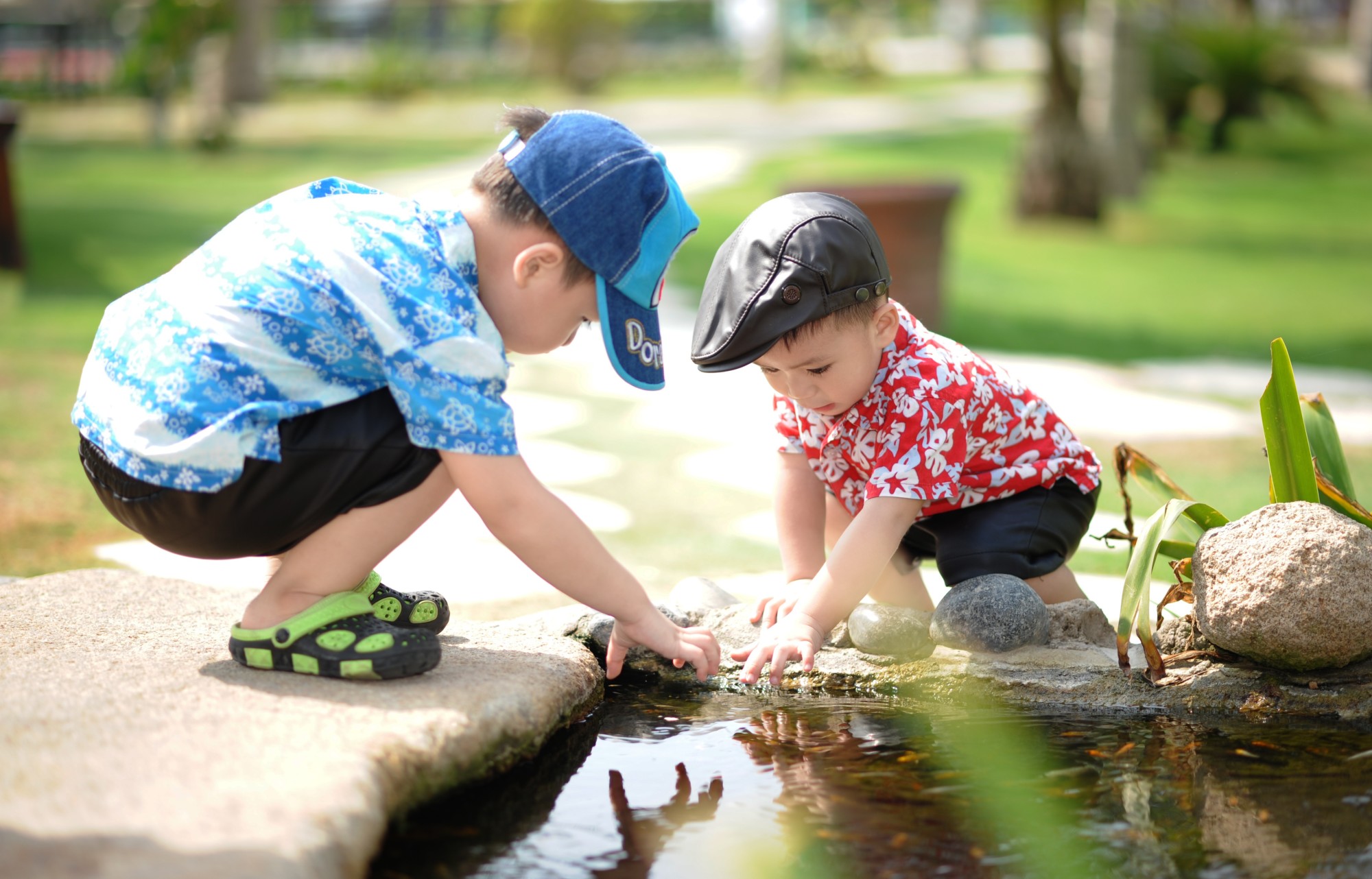
As parents, our first priority is to create a safe, predictable world for our kids — but COVID-19 has made this feel like a pipe dream for many.
It’s hard to know how to reassure your kids in the midst of a pandemic, and how to care for your children’s mental health when you aren’t so sure about your own. However, if you’re concerned about your kids during these overwhelming times, a few simple strategies can help.
1. Control Your Anxiety
Kids are looking to you for cues on how to react in this situation. For this reason, it’s crucial to keep a cool head in spite of your worry. Take the time to care for your own mental health, following best practices for regular sleep, exercise, social support, and self-care.
2. Be Available for Questions and Check In Often
Have recurring conversations with your kids as the pandemic continues, and let them know they can come to you at any time. This can help make sure you’re providing credible, fact-based information to help counteract any rumors and hearsay that may be worrying them. Be honest with them about your worries, but let them know that there are resources to help.
3. Validate Their Feelings
Just like adults, kids may feel worried or anxious about the uncertainty surrounding COVID-19. Some of their fears may be realistic, and others may be exaggerated.
Listen to them when they talk, and try to understand and acknowledge their feelings. At the same time, make sure to reassure them, especially if they have any unrealistic worries — like a fear that their pet may get sick as well.
4. Provide Structure
In a world where their school and social lives have been upended, kids may feel unstable or uncertain. Help them by creating structure and routines that cover their classes, schoolwork, chores, and sleep schedule.
5. Help Them Be More Mindful
Mindfulness is the act of staying in the present moment. It may involve slowing down and focusing on your thoughts, your actions, your body, or your surroundings.
Help your kids practice mindfulness through simple strategies for younger kids or even meditation for older ones. These strategies can in turn help boost your children’s mental health awareness.
6. Keep an Eye Out for Behavior Changes
You can expect your kids to feel moody or uncertain at times, but keep an eye out for noticeable and lasting personality changes. Frequent bursts of anger, difficulty concentrating, and constant fatigue may be signs of more serious problems.
7. Get Them Help When They Need It
As a parent, you can’t do it all. Sometimes, your kids need some extra support. Reach out to children’s mental health programs like Youthline for counseling and mentoring support, or set up virtual visits with a therapist for more severe issues like depression.
Make Time to Support Your Children’s Mental Health
Most of us feel fearful and overwhelmed in these trying times — but that’s why it’s more important than ever to make time for your children’s mental health. Make sure you’re checking in regularly using the strategies above to help your children from feeling lost and overwhelmed as well. With your support, they’ll be able to increase their resilience and boost their mental health in the long-term.
For more of the tips and strategies your family needs for the pandemic and beyond, check out our other blog posts.

